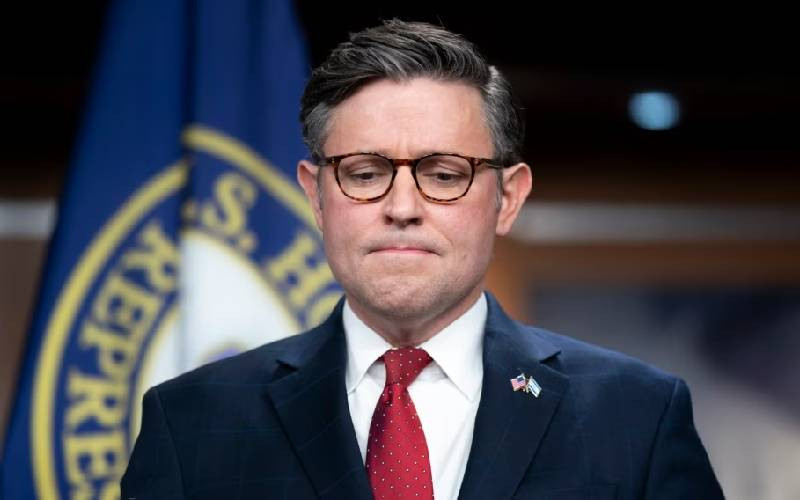×
The Standard e-Paper
Smart Minds Choose Us

The U.S. House of Representatives voted 336-95 on Tuesday to approve a plan to avert a partial government shutdown on Saturday but at the same time push off contentious debates over spending priorities until early 2024.
Current funding for all government agencies expires at midnight on Friday, forcing Congress and the White House to reach a short-term deal to keep the government running.